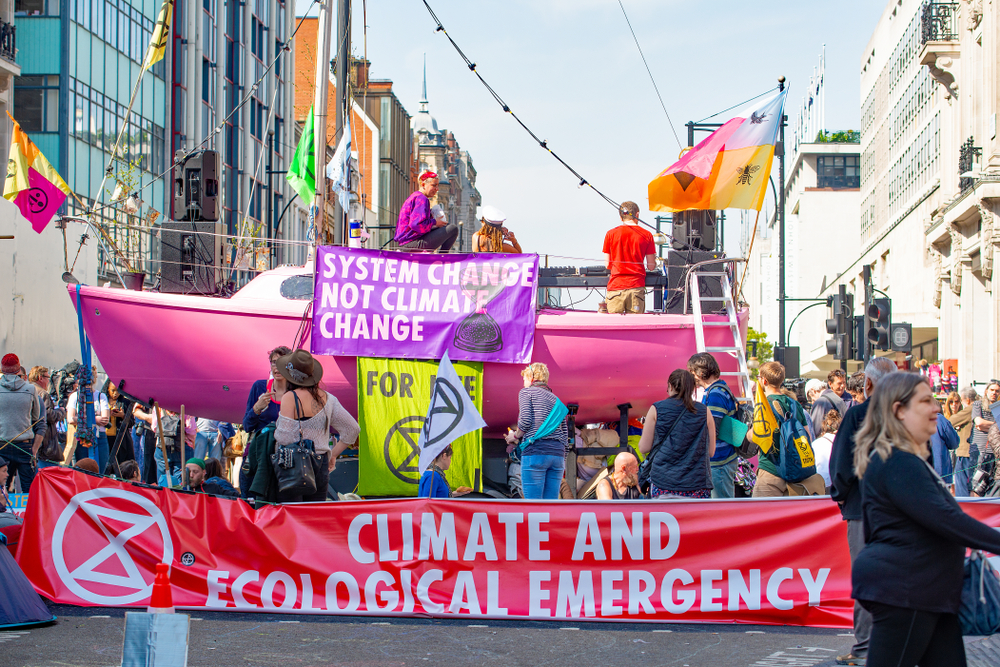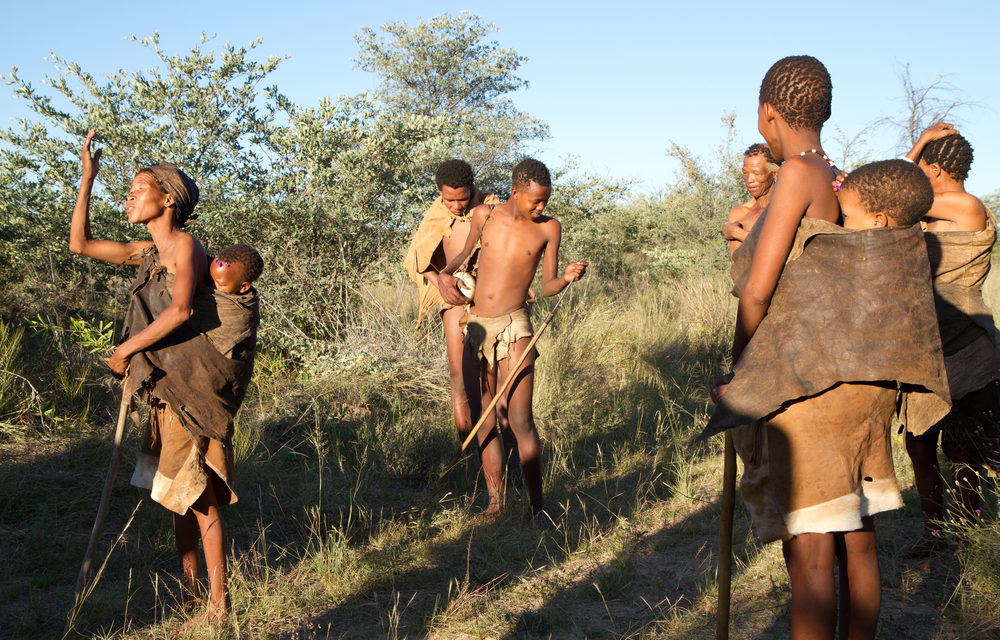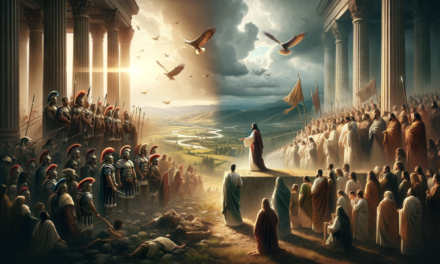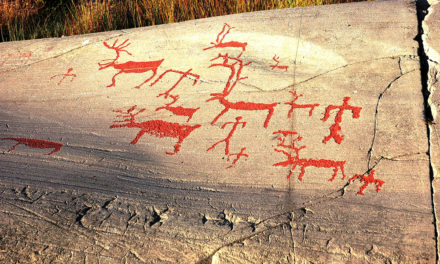Humans like us (Homo Sapiens Sapiens) first appeared on earth some 200,000 years ago. For the first 190,000 years or so of that time, they lived in small tribes of hunter-gatherers as their ancestors had done for millions of years before them. These people, our direct ancestors, were highly dependent on their local environment, and their rhythms of life were closely attuned to those of the earth. They were nomadic and would probably have organized their lives so as to maximise the chances of the tribe’s survival, with people contributing according to their abilities.
The agricultural revolution and the invention of writing changed all that. Farming allowed for a surplus of food to be created, and cities developed in river valleys where increasing numbers of people were able to live off this surplus food. This is where elites began to emerge, and privilege became something to be enjoyed by those who had it, and aspired to by those who didn’t. As symbolic consciousness (writing and art in all its forms) developed a way of learning much faster than the slow changes to DNA, so cultural evolution in human society overtook biological evolution in our genes.


As cultures evolved, increasing concentrations of people in larger and larger cities led to both the creation of empires and a rapid and accelerating growth in human population. Mesopotamian empires such as Assyria and Babylon, Egypt under the Pharaohs and later the extensive empires of Alexander the Great and the Roman Empire.
Jesus was born at a critical period in the development of the Roman Empire. He spoke from the point of view of those who lost out under empire, he told the story of the dark side of privilege and empire, highlighting how it always pitted “us” against “them”. He exposed the underlying institutional violence that was held in check by the ‘scapegoating’ mechanism, and by his death exposed sacrifice for what it was. He talked about and embodied a design for humans to live together that was utterly different from the taken-for-granted design that fuelled empire and privilege, recognizing how hard it was since it conflicted with basic aspects of human nature. He showed how love for the creator of all life, for our fellow humans and for ourselves provides the antidote to the seductive attractions of privilege and empire.


The early church ‘got it’. The resurrection of Jesus when all appeared lost gave them the confidence that Jesus was right, as we can tell by reading the New Testament in the chronological order in which it was written. Particularly the Book of Revelation, difficult as it is to read in today’s very different culture, warns Christians against the dangers of being coerced by empire’s violence or seduced by the comforts of its expansive commerce.
This was a highly subversive and counter-cultural message, which is why Christians were from time to time persecuted by Roman emperors, who recognized the threat. Within a few hundred years, however, it was the church itself that became subverted by empire and privilege. And so we lost the authentic voice of Christ: first within the church as an institution endorsed by the Roman Emperors after Constantine, then within the full-blooded spread of Christendom with its bloody suppression of all doubting or dissenting voices, and finally by the modern culture of consumerism, built on the foundation of a technology originating from a worldview of ‘deterministic realism’ that understands reality to be composed of inert, mathematically predictable matter.

Today, however, humanity itself poses the biggest threat to life on earth. Alongside the many benefits that our cultural developments have brought us since the agricultural revolution, there has been a darker side. Overpopulation, overexploitation of natural resources, climate change, biodiversity loss, pollution and growing inequality are all problems created by humans and the cultures which we have evolved. Einstein is reputed to have said, “You cannot solve a problem using the thinking that created it.” Science and technology alone cannot save us – our culture must also evolve beyond one that enshrines privilege and empire at its heart. That is why it is important for humanity as a whole to hear the authentic voice of Christ: it is too important to be simply the preserve of the church.
We now understand the origins of the universe, the earth and life better than we did 2,000 years ago. So if Christ’s authentic voice is to be heard, it must be believable. It must be heard in the context of a story that holds up in the light of scientific discoveries, supported by evidence that withstands scrutiny. Which is why we can no longer see science and faith as opposing each other, and why serious attempts to understand both the wisdom of religions (including but not restricted to Christianity) and the evidence of science such as Yale University’s ‘Journey of the Universe’ should be embraced by Christians. They provide an important context for sharing the authentic voice of Christ with the world.






